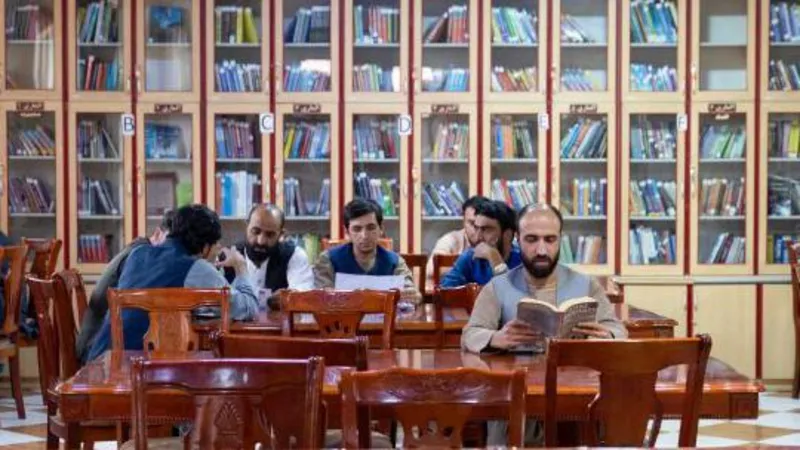Renewed Fighting in Syria’s Suwayda Leaves Hundreds Dead as Ceasefire Collapses; UN Raises Alarm

Heavy clashes have erupted again in Syria’s southern province of Suwayda between Druze factions and Bedouin tribes, following the collapse of a fragile ceasefire just a day after Syrian government forces withdrew from the area.
The renewed violence on Friday marks a dangerous escalation in the region, which has witnessed an upsurge in deadly tribal conflicts since the overthrow of President Bashar al-Assad in December 2024.
Government Denies Troop Redeployment
The Syrian Interior Ministry strongly denied reports suggesting that government forces were redeploying to Suwayda, describing such claims as “false and misleading.” Spokesperson Noureddine al-Baba stated, “We confirm that no official statement has been issued in this regard, and we categorically deny the veracity of what was published.”
However, diplomatic sources revealed that Israel had reached a provisional understanding allowing limited entry of Syrian internal security forces—but not army units—into Suwayda for 48 hours to prevent further bloodshed. This comes after Israeli airstrikes earlier this week targeted positions in Suwayda and Damascus, actions Tel Aviv claimed were aimed at protecting the Druze population.
Casualties and Evacuations
According to the Syrian Network for Human Rights, at least 321 people have been killed since violence erupted on Sunday, with over 570 injured and hundreds of families displaced. Syrian emergency officials reported recovering 87 bodies from the conflict zones while continuing evacuation operations under heavy fire.
The UK-based Syrian Observatory for Human Rights confirmed renewed gunfire west of Suwayda city, while social media footage verified by Al Jazeera showed tribal reinforcements arriving in rural areas. One video featured Bedouin tribal leader Abdul Moneim al-Naseef urging, “All tribes across Syrian provinces must immediately head to Suwayda to save our people from massacres.”
Ceasefire Collapses
The breakdown of the truce—brokered just two days ago—has intensified fears of a prolonged conflict. Under the short-lived deal, Druze factions and community elders were to maintain security in the province without interference from Syrian government forces.
Analysts warn the resurgence of violence could destabilize Syria’s already fragile post-war environment, especially given Israel’s stated opposition to a full return of Syrian forces to the southern front.
UN Condemns Atrocities
The United Nations Human Rights Office issued a stark warning on Friday, citing “credible reports of widespread human rights violations” by all parties, including summary executions, arbitrary killings, kidnappings, looting, and destruction of civilian homes.
UN rights chief Volker Turk urged all factions to halt the violence, stressing, “The bloodshed must stop, and the protection of civilians must be the utmost priority, in line with international human rights law.”
The UN Refugee Agency (UNHCR) expressed alarm over the impact of hostilities on aid delivery. Spokesperson William Spindler told reporters in Geneva: “It is very difficult for us to operate there… our capacity to deliver aid is very limited. We are calling on all parties to allow humanitarian access.”
Broader Implications
Observers believe the fighting reflects long-standing fault lines between Bedouin tribes and Druze factions, which have periodically flared since the fall of Assad. However, this latest episode is seen as particularly dangerous, as Bedouin groups have openly called for state intervention, and regional actors like Israel are becoming increasingly involved.
Political analyst Labib al-Nahhas noted that Tel Aviv’s cautious approval for limited security deployments signals its concern over deteriorating conditions: “Israel’s allies are under threat, so they need to intervene… the middle ground is allowing local security forces—not the army—for a short period to contain the bloodshed.”




